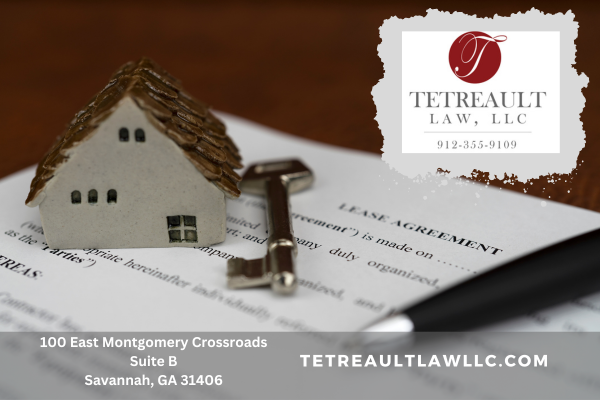
An Overview of Lease Agreements and Lease Disputes in Georgia
Lease drafting and lease interpretation are important aspects of real estate law and involve the creation and understanding of lease agreements. Here’s a brief overview of each:
Lease Drafting: Lease drafting refers to the process of creating a legally binding agreement between a landlord (lessor) and a tenant (lessee) regarding the rental of a property. The lease document outlines the terms and conditions of the tenancy, including details such as the rent amount, lease duration, security deposit, maintenance responsibilities, and any additional provisions specific to the property or parties involved.
When drafting a lease, it’s crucial to consider various factors, such as local real estate laws, the specific requirements of the parties involved, and potential contingencies or dispute resolution mechanisms. It’s advisable to consult a real estate attorney to ensure that the lease accurately reflects the intentions of the parties and provides adequate legal protection.
Lease Interpretation: Lease interpretation involves understanding the meaning and implications of the terms and provisions stated in a lease agreement. When disputes or disagreements arise between landlords and tenants, it often stems from a difference in interpretation of certain clauses or obligations outlined in the lease.
To interpret a lease, one must carefully examine the language used, taking into account legal principles and rules of contract interpretation. Factors considered during lease interpretation may include the plain meaning of the words used, the context of the lease as a whole, the intentions of the parties at the time of entering into the lease, and any relevant legal precedents.
If there is a dispute regarding the interpretation of a lease, it’s crucial you seek legal advice from a Savannah attorney specializing in landlord-tenant law.
Handling disputes between landlords and tenants requires a fair and balanced approach to ensure that both parties’ rights and interests are protected. Here are some steps and considerations to help resolve and even potentially avoid such disputes:
- Review the Lease Agreement: Thoroughly review the lease agreement to understand the rights and responsibilities of both the landlord and the tenant. The lease agreement serves as a reference point for resolving disputes and can help clarify any ambiguous terms or expectations.
- Understand Local Laws: Familiarize yourself with local tenancy laws and regulations that govern the landlord-tenant relationship. These laws typically cover areas such as rent increases, eviction procedures, property maintenance, and tenant rights. Both parties need to be aware of their rights and obligations under the law.
- Seek Legal Advice: In more complex or contentious disputes, it may be necessary to seek legal advice from an attorney who specializes in landlord-tenant law. At Tetreault Law, we provide guidance on the applicable laws, help negotiate settlements, and represent our clients in court if necessary.
- Document Everything: Thoroughly document all relevant communications, agreements, repairs, complaints, and incidents. This documentation can be crucial evidence in case of legal proceedings or when seeking resolution through mediation or negotiation.
Consult a Savannah Landlord-Tenant Lawyer
It’s important to note that lease laws and regulations can vary depending on the jurisdiction, so consulting with an experienced Savannah landlord-tenant attorney familiar with the applicable laws is recommended for both lease drafting and lease interpretation to ensure compliance and address any specific legal considerations.
